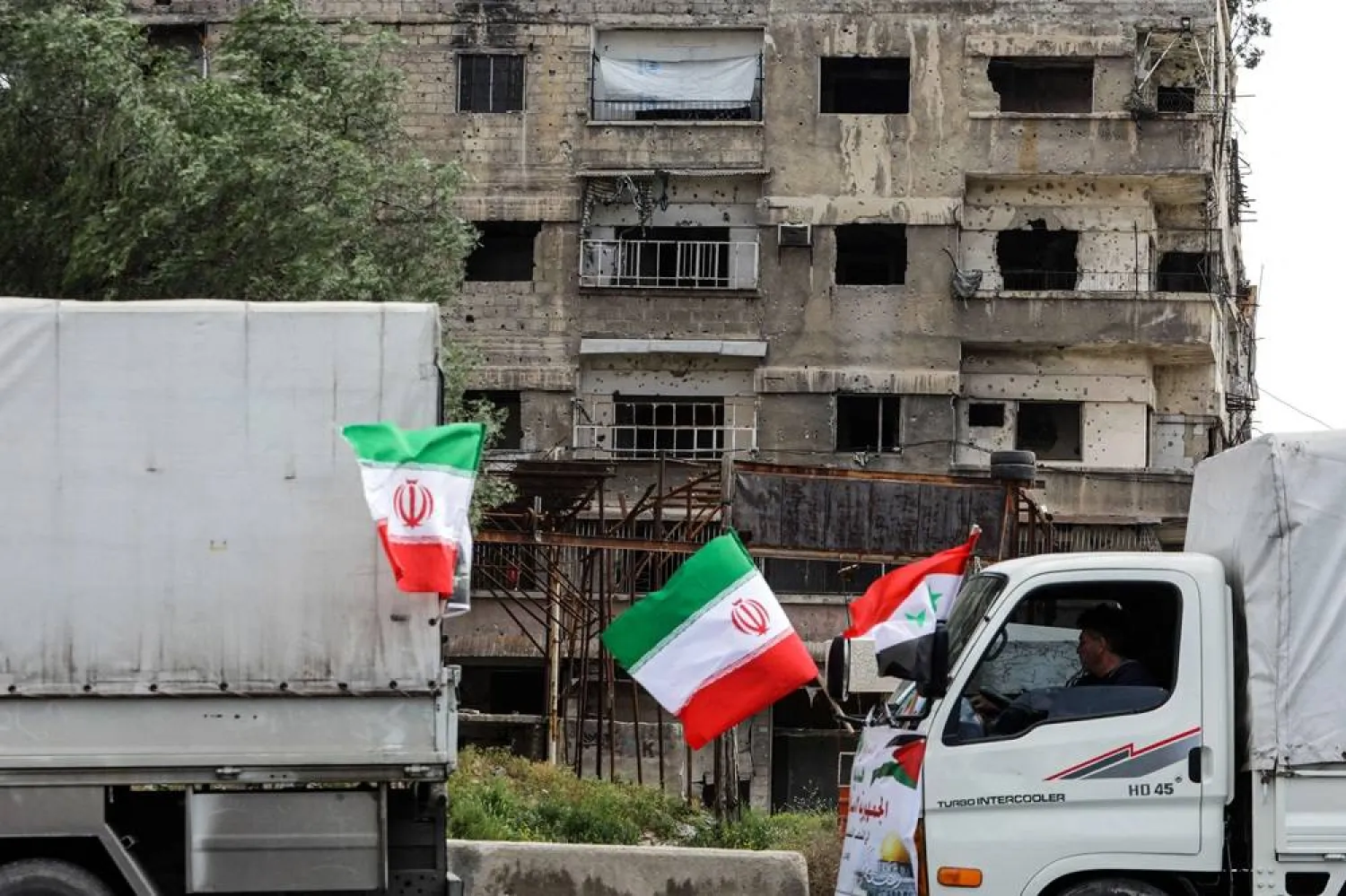Seven months after deadly clashes between Syria's Druze minority and government-backed forces, the spiritual leader of Druze in neighboring Israel said members of the community across the border remained in peril.
"They're still besieged -- completely encircled. They aren't allowed to bring in any humanitarian aid, including the aid we're trying to deliver," Sheikh Mowafaq Tarif told AFP in an interview this week.
The cleric spoke in Julis, a quiet Druze village in northern Israel, where the community has set up an "emergency room" to coordinate aid efforts for Druze in Syria.
Israeli and Druze flags hang on the walls of the room, alongside posters in Hebrew and Arabic calling for an end to the killing of Syrian Druze.
The Druze spread across parts of Syria, Israel, Lebanon and the Israeli-occupied Golan Heights.
Clashes erupted last July in southern Syria between Druze fighters and Bedouin tribes.
The Syrian authorities said their forces intervened to stop the clashes.
Israel bombed Syria during the violence, saying it was acting to defend the minority group.
The UN Office for the Coordination of Humanitarian Affairs estimated that some 187,000 people were displaced by the violence.
- 'Why not let them return?' -
"There are still more than 120,000 people displaced from their homes," Sheikh Tarif said.
"Thirty-eight villages have been captured, and residents aren't allowed to return. There are more than 300 captives, including children and women."
AFP was unable to verify those claims.
Although a ceasefire was reached in July, access to Sweida remains difficult.
Residents accuse the government of imposing a blockade on the province, which Damascus denies. Several aid convoys have entered since then.
"Why not let them return to their villages? We're in the depths of winter and that is a mountainous area. It's very cold," Tarif said.
With Syria's government and Kurdish-led forces agreeing last month to integrate Kurdish fighters and civil institutions into state structures, Sweida is the last major area outside Damascus's control.
Tarif said the community did not need government security forces in the region.
"The Druze have forces capable of defending themselves and maintaining order," he said.
Nevertheless, Israel and Syria, which have no official diplomatic ties, have held several rounds of direct talks in recent months.
Following negotiations in January, and under US pressure, both sides agreed to set up an intelligence-sharing mechanism as they moved toward a security agreement.
One issue under discussion is the possibility of Syrian Druze working in Israel.
Sheikh Tarif confirmed "that is something we have heard" and added that he wished any Syrian could come to work as a daily laborer "because the (economic) situation in Syria is very difficult".
He also called for Druze across the Middle East to be able to visit their religious sites in neighboring countries, "just as our Christian and Muslim brothers visit their holy places" in states with which they may not have diplomatic relations.
"The Druze also deserve to access and pray at our holy sites in Syria and Lebanon and for them to come visit our holy places" in Israel, he said.









